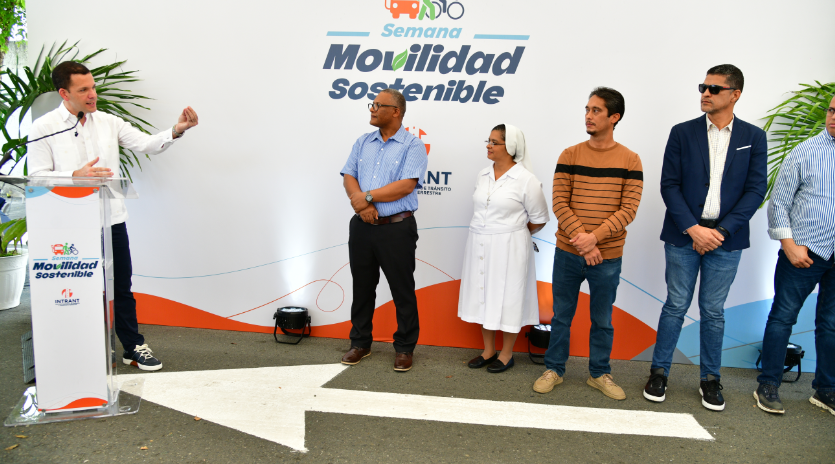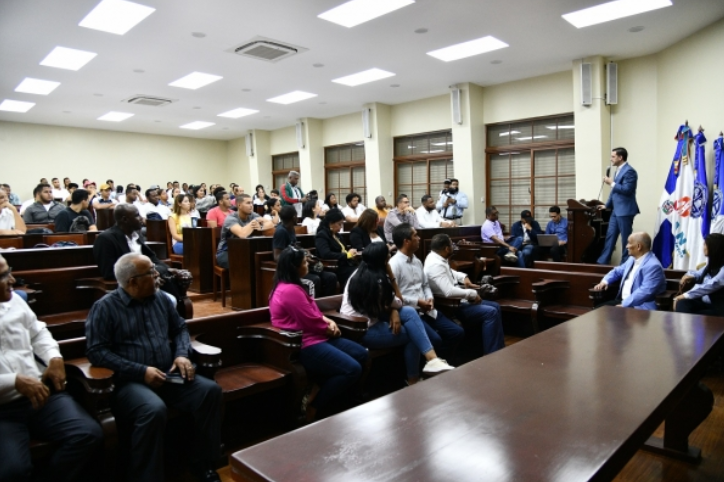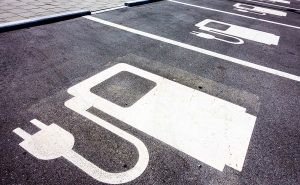
Dominican Republic Launches “National Sustainable Mobility Week”

As part of the recent celebration of World Car Free Day, the National Institute of Transit and Land Transportation (Intrant) of the Dominican Republic initiated the “National Week of Sustainable Mobility”.
The initiative is carried out with the objective of promoting the benefits of using environmentally friendly modes of transportation, such as collective transportation, bicycles, and non-motorized transportation.
The activity also seeks to raise awareness among citizens and authorities on how to improve their quality of life according to the way they move, as part of the Sustainable Urban Mobility Plan (PMUS), which is being developed in the country, with the support of the French Development Agency (AFD) and funds from the European Union.

Activities
Intrant coordinated an interactive day with the educational centers, for which the streets were closed to carry out talks, contests and raffles with students.
The Executive Director of Intrant, Hugo Beras, highlighted the importance of promoting sustainable mobility and opting for modes of travel that contribute to air quality and environmental protection.
Related content: General Motors to Take BrightDrop Electric Van to Mexican Auto Market
He highlighted the need to adapt to the transformation currently taking place in the sector, with public policies that have a direct impact on the quality of life of citizens.
In addition, within the Mobility Week, Tactical Urbanism works will be carried out, as well as the launching of the children’s drawing contest on mobility and Sustainable Mobility Reels for young people.
There will also be a Mobility forum where the progress of the projects of the Sustainable Urban Mobility Plan will be presented; the inauguration of the Paseo de los Colores on Leopoldo Navarro Avenue; the presentation of the progress of the Integrated Public Transportation System (SITP) of Santiago and the delivery of certificates of the project of Social Support to the Reform of Bus Corridors.
The National Sustainable Mobility Week is commemorated in September and is a concept that emerged in Europe in 1990 and was officially established in 2000 with the support of the European Commission.





